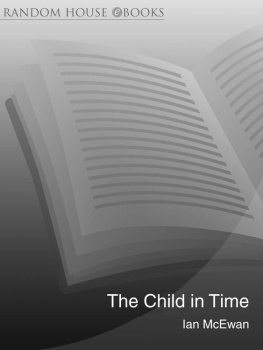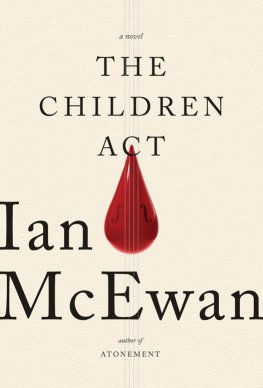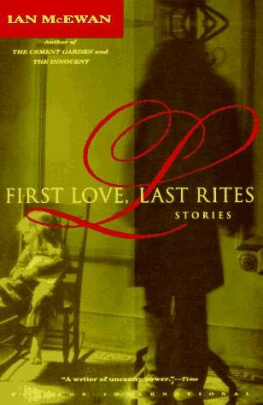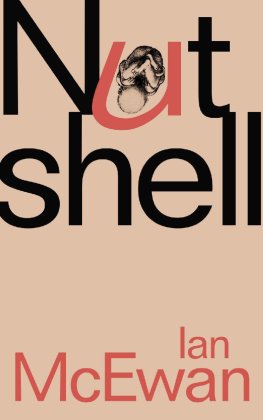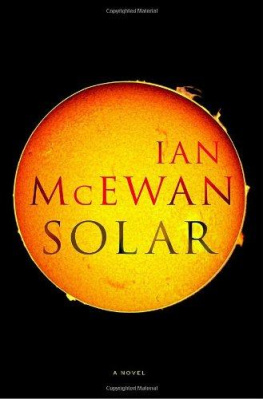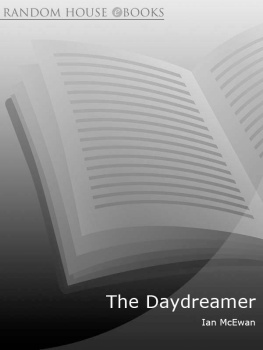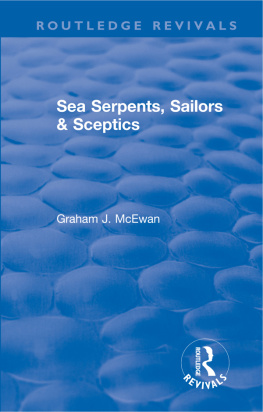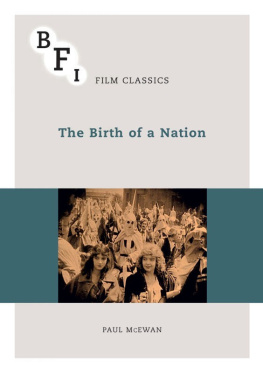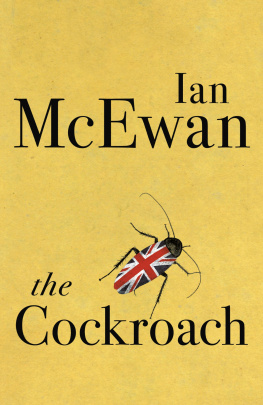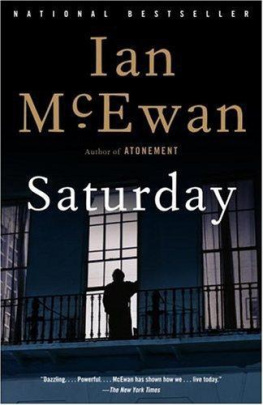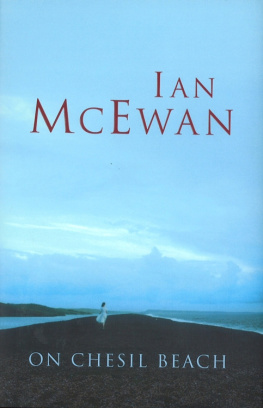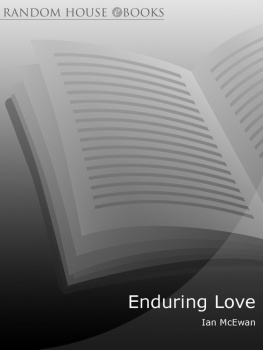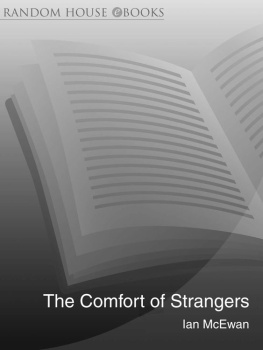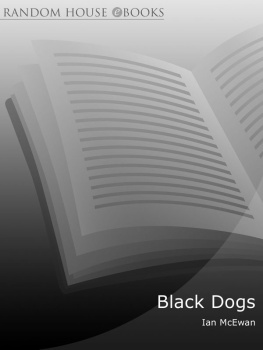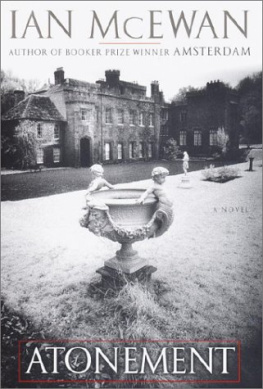Ian McEwan - The Child in Time
Here you can read online Ian McEwan - The Child in Time full text of the book (entire story) in english for free. Download pdf and epub, get meaning, cover and reviews about this ebook. year: 1997, publisher: VINTAGE (RAND), genre: Detective and thriller. Description of the work, (preface) as well as reviews are available. Best literature library LitArk.com created for fans of good reading and offers a wide selection of genres:
Romance novel
Science fiction
Adventure
Detective
Science
History
Home and family
Prose
Art
Politics
Computer
Non-fiction
Religion
Business
Children
Humor
Choose a favorite category and find really read worthwhile books. Enjoy immersion in the world of imagination, feel the emotions of the characters or learn something new for yourself, make an fascinating discovery.
- Book:The Child in Time
- Author:
- Publisher:VINTAGE (RAND)
- Genre:
- Year:1997
- Rating:3 / 5
- Favourites:Add to favourites
- Your mark:
- 60
- 1
- 2
- 3
- 4
- 5
The Child in Time: summary, description and annotation
We offer to read an annotation, description, summary or preface (depends on what the author of the book "The Child in Time" wrote himself). If you haven't found the necessary information about the book — write in the comments, we will try to find it.
The Child in Time — read online for free the complete book (whole text) full work
Below is the text of the book, divided by pages. System saving the place of the last page read, allows you to conveniently read the book "The Child in Time" online for free, without having to search again every time where you left off. Put a bookmark, and you can go to the page where you finished reading at any time.
Font size:
Interval:
Bookmark:
Ian McEwan

This eBook is copyright material and must not be copied, reproduced, transferred, distributed, leased, licensed or publicly performed or used in any way except as specifically permitted in writing by the publishers, as allowed under the terms and conditions under which it was purchased or as strictly permitted by applicable copyright law. Any unauthorised distribution or use of this text may be a direct infringement of the authors and publishers rights and those responsible may be liable in law accordingly.
Version 1.0
Epub ISBN 9781409090212
www.randomhouse.co.uk
Published by Vintage 1992
23 25 27 29 30 28 26 24 22
Copyright Ian McEwan 1987
Ian McEwan has asserted his right under the Copyright, Designs and Patents Act 1988 to be identified as the author of this work
This book is sold subject to the condition that it shall not, by way of trade or otherwise, be lent, resold, hired out, or otherwise circulated without the publishers prior consent in any form of binding or cover other than that in which it is published and without a similar condition including this condition being imposed on the subsequent purchaser
First published in Great Britain in 1987 by
Jonathan Cape
Vintage
Random House, 20 Vauxhall Bridge Road, London SW1V 2SA
www.vintage-books.co.uk
Addresses for companies within The Random House
Group Limited can be found at:
www.randomhouse.co.uk/offices.htm
The Random House Group Limited Reg. No. 954009
A CIP catalogue record for this book is available from the British Library
ISBN 9780099755012
The Random House Group Limited supports The Forest Stewardship Council (FSC), the leading international forest certification organisation. All our titles that are printed on Greenpeace approved FSC certified paper carry the FSC logo. Our paper procurement policy can be found at www.rbooks.co.uk/environment.
Typeset in Palatino by
Palimpsest Book Production Limited,
Polmont, Stirlingshire
Printed in the UK by CPI Bookmarque,
Croydon, CR0 4TD
Ian McEwan has written two collections of short stories, First Love, Last Rites and In Between the Sheets, and ten novels, The Cement Garden, The Comfort of Strangers, The Child in Time, The Innocent, Black Dogs, The Daydreamer, Enduring Love, Amsterdam, Atonement, Saturday and On Chesil Beach. He won the Booker Prize for Amsterdam in 1998.
I am indebted to the following authors and books: Christina Hardyment, Dream Babies (Jonathan Cape Ltd, 1983); David Bohm, Wholeness and the Implicate Order (Routledge & Kegan Paul, 1980); Joseph Chilton Pearce, Magical Child (E.P. Dutton and Co., 1977).
and for those parents, for too many years misguided by the pallid relativism of self-appointed childcare experts
The Authorised Childcare Handbook, HMSO
Subsidising public transport had long been associated in the minds of both Government and the majority of its public with the denial of individual liberty. The various services collapsed twice a day at rush hour and it was quicker, Stephen found, to walk from his flat to Whitehall than to take a taxi. It was late May, barely nine-thirty, and already the temperature was nudging the eighties. He strode towards Vauxhall Bridge past double and treble files of trapped, throbbing cars, each with its solitary driver. In tone the pursuit of liberty was more resigned than passionate. Ringed fingers drummed patiently on the sill of a hot tin roof, white-shirted elbows poked through rolled-down windows. There were newspapers spread over steering wheels. Stephen stepped quickly through the crowds, through layers of in-car radio blather jingles, high-energy breakfast DJs, news-flashes, traffic alerts. Those drivers not reading listened stolidly. The steady forward press of the pavement crowds must have conveyed to them a sense of relative motion, of drifting slowly backwards.
Jigging and weaving to overtake, Stephen remained as always, though barely consciously, on the watch for children, for a five-year-old girl. It was more than a habit, for a habit could be broken. This was a deep disposition, the outline experience had stencilled on character. It was not principally a search, though it had once been an obsessive hunt, and for a long time too. Two years on, only vestiges of that remained; now it was a longing, a dry hunger. There was a biological clock, dispassionate in its unstoppability, which let his daughter go on growing, extended and complicated her simple vocabulary, made her stronger, her movements surer. The clock, sinewy like a heart, kept faith with an unceasing conditional; she would be drawing, she would be starting to read, she would be losing a milktooth. She would be familiar, taken for granted. It seemed as though the proliferating instances might wear down this conditional, the frail, semi-opaque screen, whose fine tissues of time and chance separated her from him; she is home from school and tired, her tooth is under the pillow, she is looking for her daddy.
Any five-year-old girl though boys would do gave substance to her continued existence. In shops, past playgrounds, at the houses of friends, he could not fail to watch out for Kate in other children, or ignore in them the slow changes, the accruing competences, or fail to feel the untapped potency of weeks and months, the time that should have been hers. Kates growing up had become the essence of time itself. Her phantom growth, the product of an obsessive sorrow, was not only inevitable nothing could stop the sinewy clock but necessary. Without the fantasy of her continued existence he was lost, time would stop. He was the father of an invisible child.
But here on Millbank there were only ex-children shuffling to work. Further up, just before Parliament Square, was a group of licensed beggars. They were not permitted anywhere near Parliament or Whitehall or within sight of the square. But a few were taking advantage of the confluence of commuter routes. He saw their bright badges from a couple of hundred yards away. This was their weather and they looked cocky with their freedom. The wage earners had to give way. A dozen beggars were working both sides of the street, moving towards him steadily against the surge. It was a child Stephen was watching now. Not a five-year-old but a skinny prepubescent. She had registered him at some distance. She walked slowly, somnambulantly, the regulation black bowl extended. The office workers parted and converged about her. Her eyes were fixed on Stephen as she came. He felt the usual ambivalence. To give money ensured the success of the Government programme. Not to give involved some determined facing away from private distress. There was no way out. The art of bad government was to sever the line between public policy and intimate feeling, the instinct for what was right. These days he left the matter to chance. If he had small change in his pocket he gave it. If not, he gave nothing. He never handed out banknotes.
The girl was brown-skinned from sunny days on the street. She wore a grubby yellow cotton frock and her hair was severely cropped. Perhaps she had been deloused. As the distance closed he saw she was pretty, impish and freckled, with a pointed chin. She was no more than twenty feet away when she ran forward and took from the pavement a lump of still glistening chewing gum. She popped it in her mouth and began to chew. The little head tilted back defiantly as she looked again in his direction.
Next pageFont size:
Interval:
Bookmark:
Similar books «The Child in Time»
Look at similar books to The Child in Time. We have selected literature similar in name and meaning in the hope of providing readers with more options to find new, interesting, not yet read works.
Discussion, reviews of the book The Child in Time and just readers' own opinions. Leave your comments, write what you think about the work, its meaning or the main characters. Specify what exactly you liked and what you didn't like, and why you think so.

